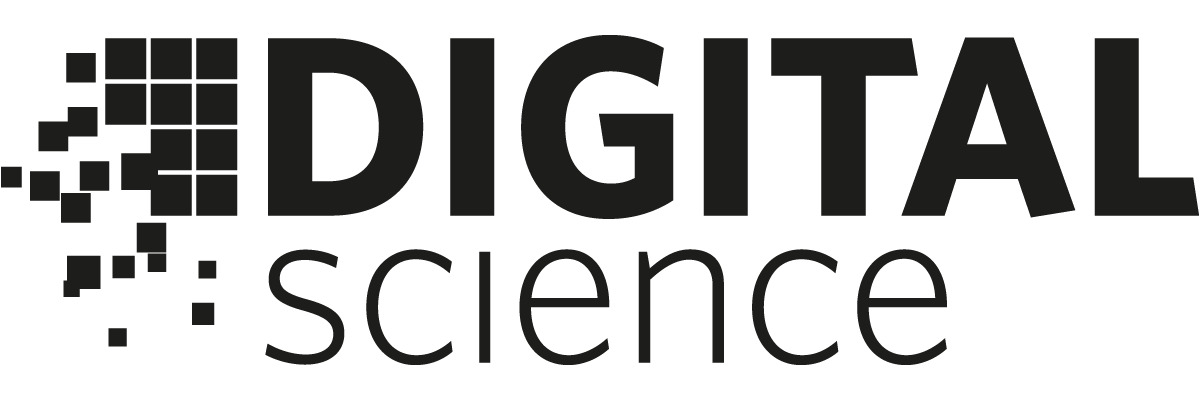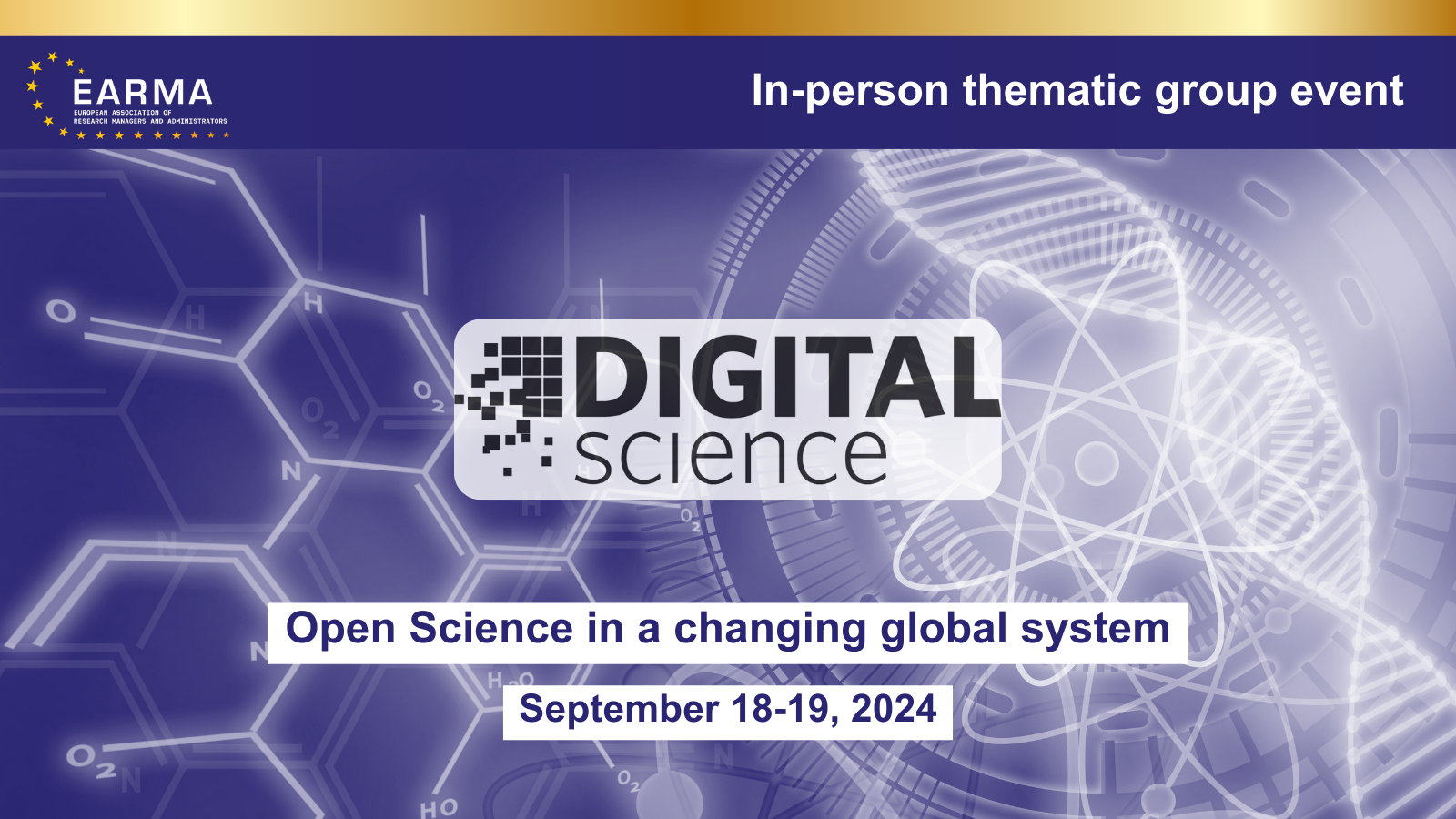Event Date: September 18-19, 2024
Event Time Day 1: 12:00 - 17:00
Event Time Day 2: 09:30 - 13:30
Event Location: EARMA Office
Event Address: Rue des Colonies 56, Brussels, Belgium
About the Event
This event, presented by the Open Science Thematic Group and sponsored by Digital Science, will explore Open Science in a global context. Considering the geopolitical landscape and consequent security concerns and regulations, the event will provide a forum for dialogue on how to negotiate the policy gap(s) between open science and global security, the issue of ‘dual use’, and look at tools to assist this process.
Further, the event will look at the impact of Open Science for lower income countries, and whether the advantages – enhanced access to publications, increased collaboration – outweigh the costs and work effort required of research communities in these often-under-resourced jurisdictions. It will explore how funder mandates and publishing models can both assist and challenge progress, and showcase how cross-jurisdictional support can aid progress.
Agenda
It can be found here.
Programme Points
Day 01 of the event aims to address multiple goals, including identifying key security regulations and recommendations, enhancing awareness and education for research managers and administrators, and fostering ongoing dialogue to adapt Open Science principles in the current geopolitical landscape. The session will help participants to:
- 1. Understand the relevance of the new geopolitical landscape in applying the Open Science principles in research.
- 2. Discuss the EU Council’s recommendations for enhancing research security and its intersection with Open Science with an emphasise on the need for awareness and education among research managers, administrators, researchers, and other stakeholders.
- 3. Discuss best practices like “as open as possible, as closed as necessary,” FAIR principles, and various funding models with particular knowledge exchange on the federative nature of the European Open Science Cloud (EOSC).
- 4. Explore policy gaps and identify the best compliance tools to ensure robust implementation of Open Science.
Day 02 will explore the advantages of Open Science for lower income countries, such as enhanced access to publications, heightened collaboration prospects, and expanded audiences, while also providing consideration of whether the expectations placed on researchers and research institutions in these regions to reciprocate these practices might pose disadvantages and potentially prohibitive costs. Specifically the session will look at:
- 1. Attitudes to open science in different jurisdictions
- 2. Transformative agreements, APCs and the issue and impact of inequity in this system.
- 3. Whether the European requirement to use CC-By licences negatively affects important revenue streams.
- 4. How cross-jurisdictional supports can be developed and enabled.
Registration Information
Participation is free of charge. Participants do not have to be EARMA members in order to participate. Registration for this event is open until September 09, 2024, or until reaches maximum capacity.
If you register and would like to cancel your participation you may do so until September 02, for free, by contacting us at earma@earma.org. If the participant cancels after the cancellation deadline OR no-show to the event, the participant is at risk of being blocked from registering for and attending future similar opportunities.
Participants are in charge of organising and paying for their own costs of travel and accommodation.
You can view the confirmation of your event registration in your EARMA profile under the "Account" section. Please note that you must be logged in to view these details.
Logistic Information
The EARMA Office is only a 05-minute walk from Gare Centrale. Situated across from Brussels Park, it offers easy access to nature's beauty. Moreover, the Office enjoys excellent transportation links, allowing guests to effortlessly explore the city's attractions via metros, buses, trams, and taxis.
For accommodation, we recommend staying in the Motel One Brussels or Pillows City Hotel Brussels Centre just a couple of minutes from the EARMA office, or in a close area where good options are 9Hotel Central, Hotel Hubert Grand Place, or Hilton Brussels Grand Place.
Travel Information
Event participants are kindly invited to consider using sustainable transportation options if possible. The train is a green alternative that provides a pleasant travel experience. Train travel is particularly practical from cities such as those listed below, all offering convenient connections to Brussels. You can find routes for the mentioned locations, as well as other destinations, and book your tickets here.
- - Paris: 01 hour 30 minutes
- - Amsterdam: 02 hours
- - London: 02 hours
- - Cologne: 02 hours
- - Lyon: 03 hours 45 minutes
- - Zurich: 06 hours
- - Hamburg: 06 hours 30 minutes
- - Berlin: 06 hours 45 minutes
- - Munich: 07 hours
About the EARMA Open Science Thematic Group
The EARMA Open Science Thematic Group aims to provide clear added value to and reflect the specific perspectives, experiences and needs of Research Managers and Administrators (RMAs) on open science. The group orients itself on the European Commission´s eight open science ambitions, although it may not cover all of them equally and may bundle some of them. The remit of the group will be to exchange best practices, provide tools and connect with other networks relevant to open science. The group will also connect with other relevant EARMA activities to establish synergies and avoid duplication.
Speakers
Day 01
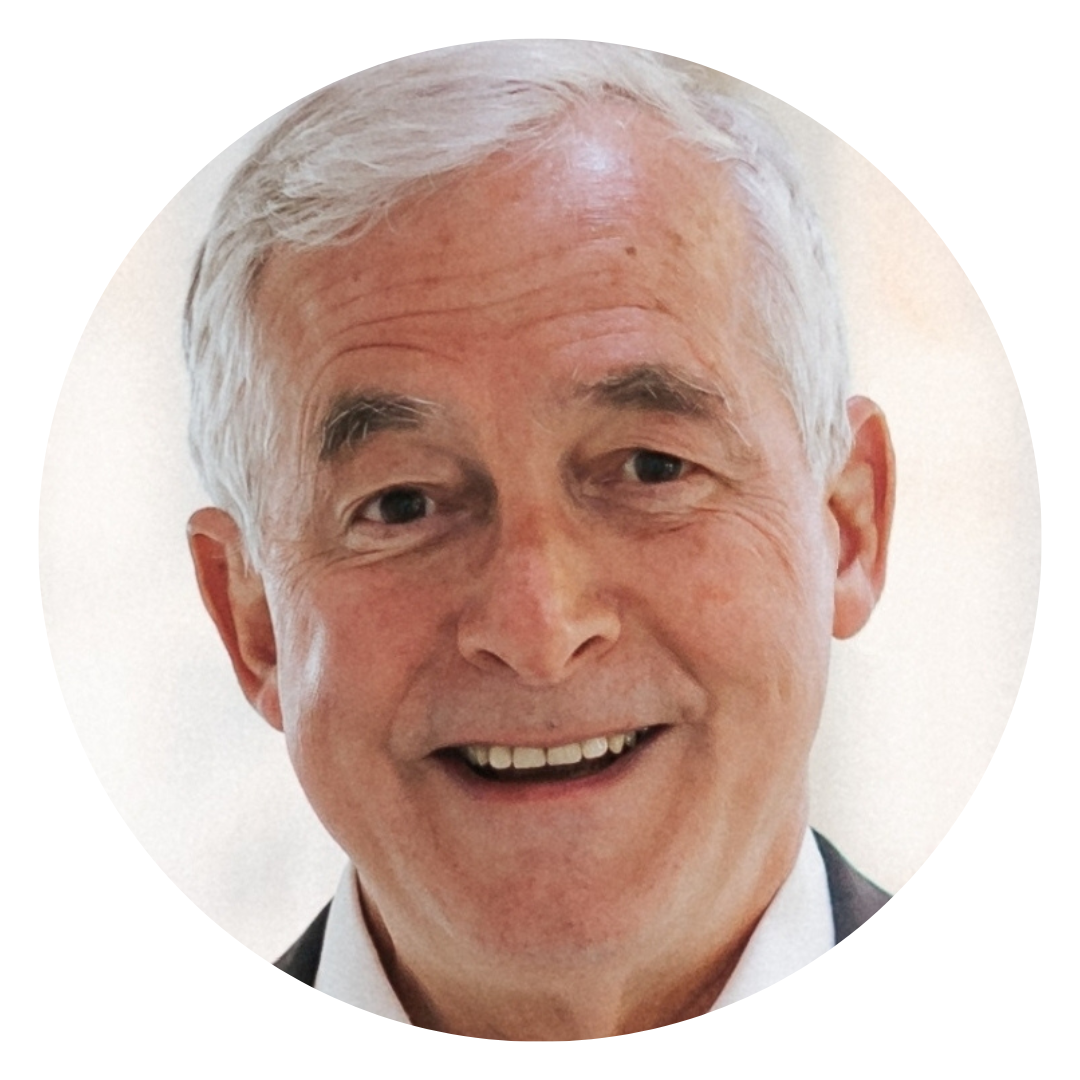
Prof Dr Karel Luyben is Rector Magnificus Emeritus of the Delft University of Technology as of 2018. He was Rector Magnificus of the Delft University of Technology from 2010 to 2018. Before that he served as Dean of the Faculty of Applied Sciences for almost twelve years. In 1983, he was appointed full professor in Biochemical Engineering at the Delft University of Technology, and from there has gained experience in research, starting a SME, research leadership and leading European organisations like the European Federation of Biotechnology, CESAER and now the European Open Science Cloud Association. Presently he is primarily active in the domain of Open Science. Until 2023, he was National Coordinator for Open Science in the Netherlands. He was the Chairman of the Board of the Dutch Techcentre for Life Sciences for ten years and is involved with the Open Science Task Forces of CESAER and EUA since 2020. Since 2021, he is the President of the European Open Science Cloud Association (EOSC-A).
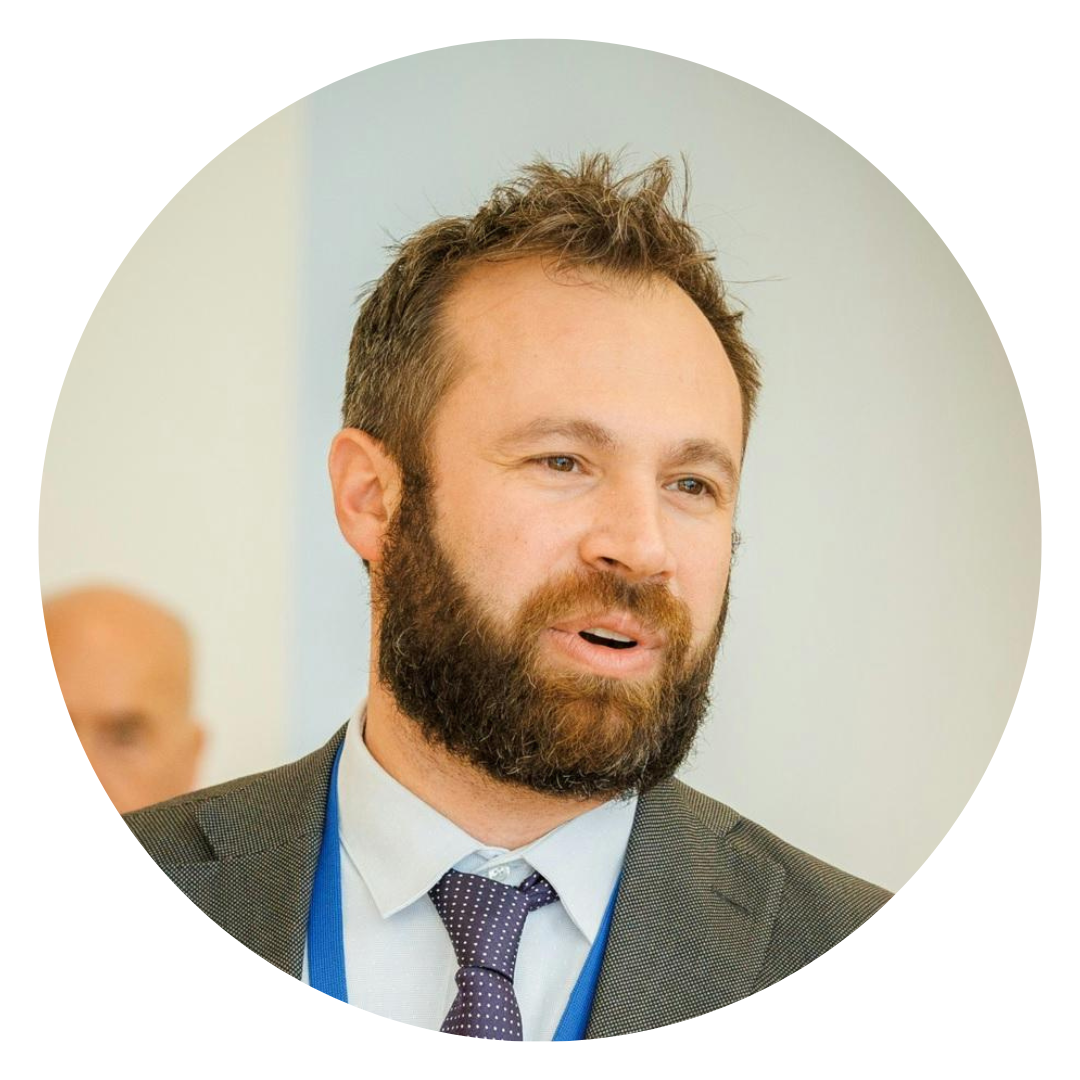
Dr Claudio Palestini is working in the Innovation Hybrid and Cyber Division in the North Atlantic Treaty Organisation (NATO). He is the Head of the Science for Peace and Security (SPS) and Programme management and Coordination Unit. Before this appointment, he dealt within the Division with capabilities and technological development in a number of fields, including countering Unmanned Aircraft Systems (C-UAS) and other asymmetric threats. Before joining NATO, he has worked in European Union institutions, dealing with the satellite navigation programme Galileo and the Single European Sky ATM Research (SESAR) deployment. He holds a PhD in telecommunication engineering from University of Bologna (Italy).
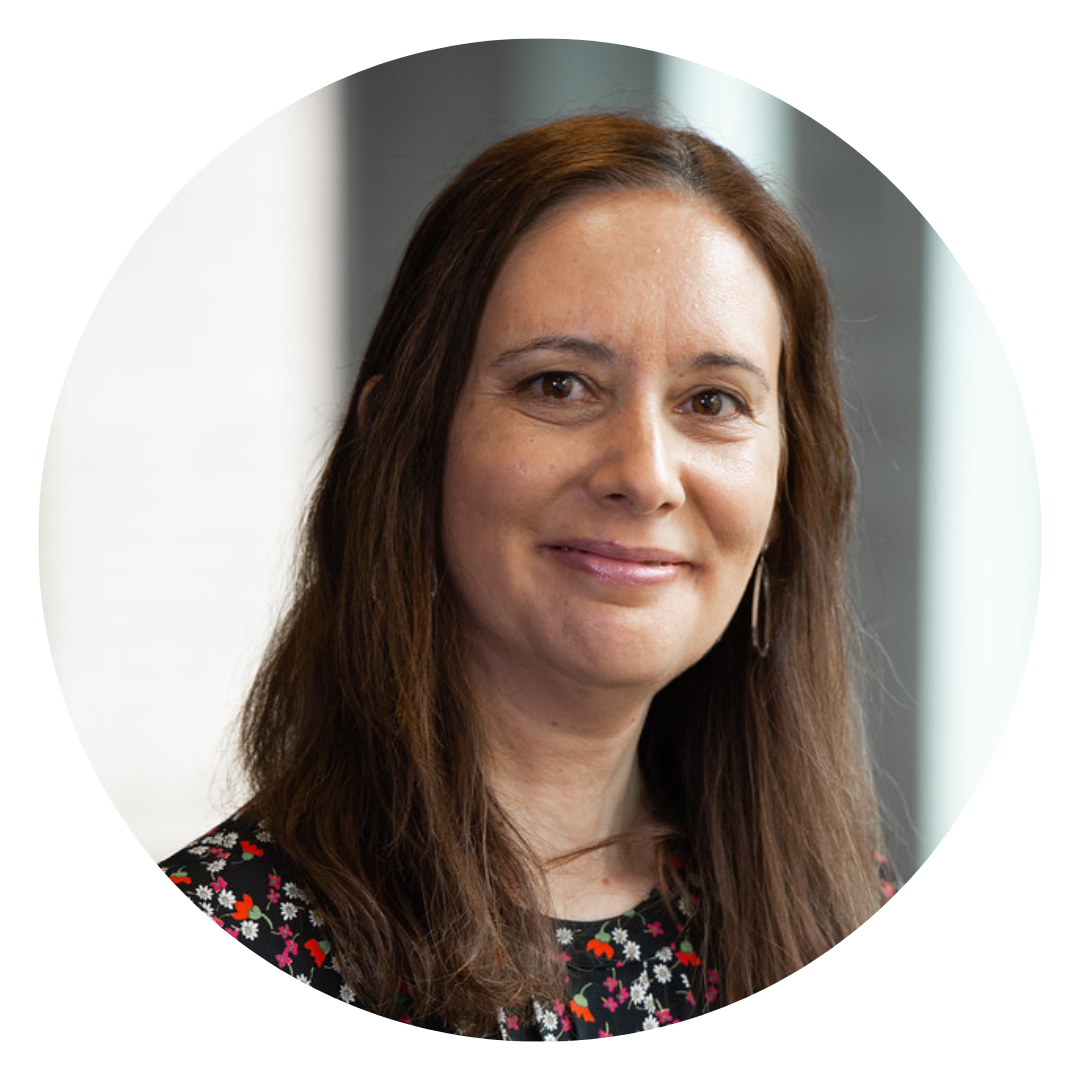
Dr Christina Daouti worked in open science roles at the University of Surrey (UK) for 20 years before joining University College London in 2022 to focus on copyright. She also has a PhD in Psychology. Christine’s work has mostly focused on the education and policy aspects of open science and copyright, leading on the development of relevant institutional policies, training programmes and resources for researchers. Addressing barriers to open science is a large part of this work. Christine is one of the co-authors of the 2023 CESAER white paper ‘Keeping science open? Current challenges in the day-to-day reality of universities’.
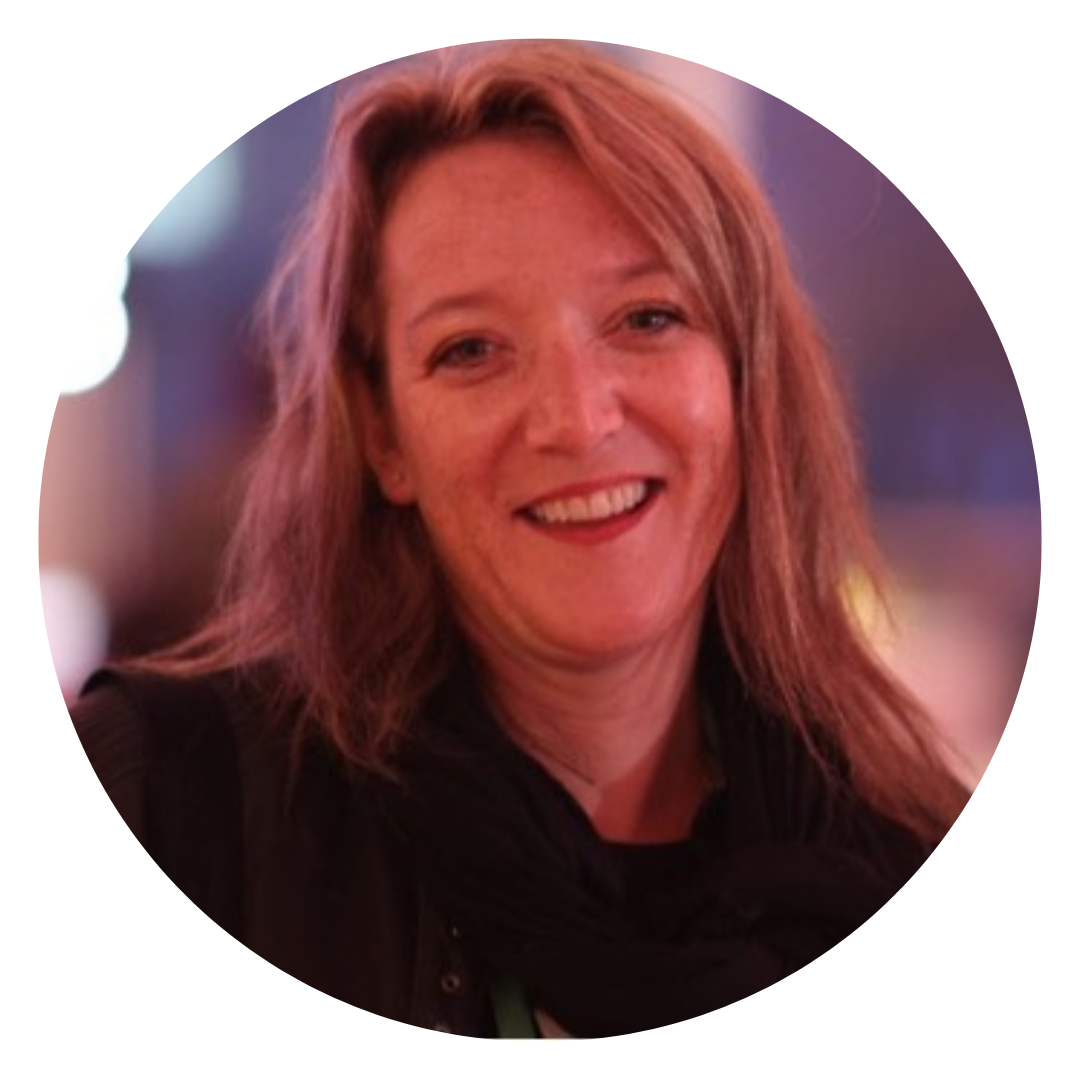
Hilary Hanahoe is the Secretary General of the Research Data Alliance (RDA). Her responsibilities include leadership of RDA’s membership, effective management of the RDA organisation and its legal entity (RDA Foundation), engagement with RDA funders, stakeholders and organisations, and sustainable stewardship of the dynamic, active, and high-impact community of over 14,500 individual members from 151 countries worldwide. Hilary is responsible for the financial and organisational sustainability of RDA on an international level and is the CEO of the RDA Foundation. She is passionate about the work of the Research Data Alliance and its vibrant, volunteer community working to enable the open sharing and reuse of data across the globe.
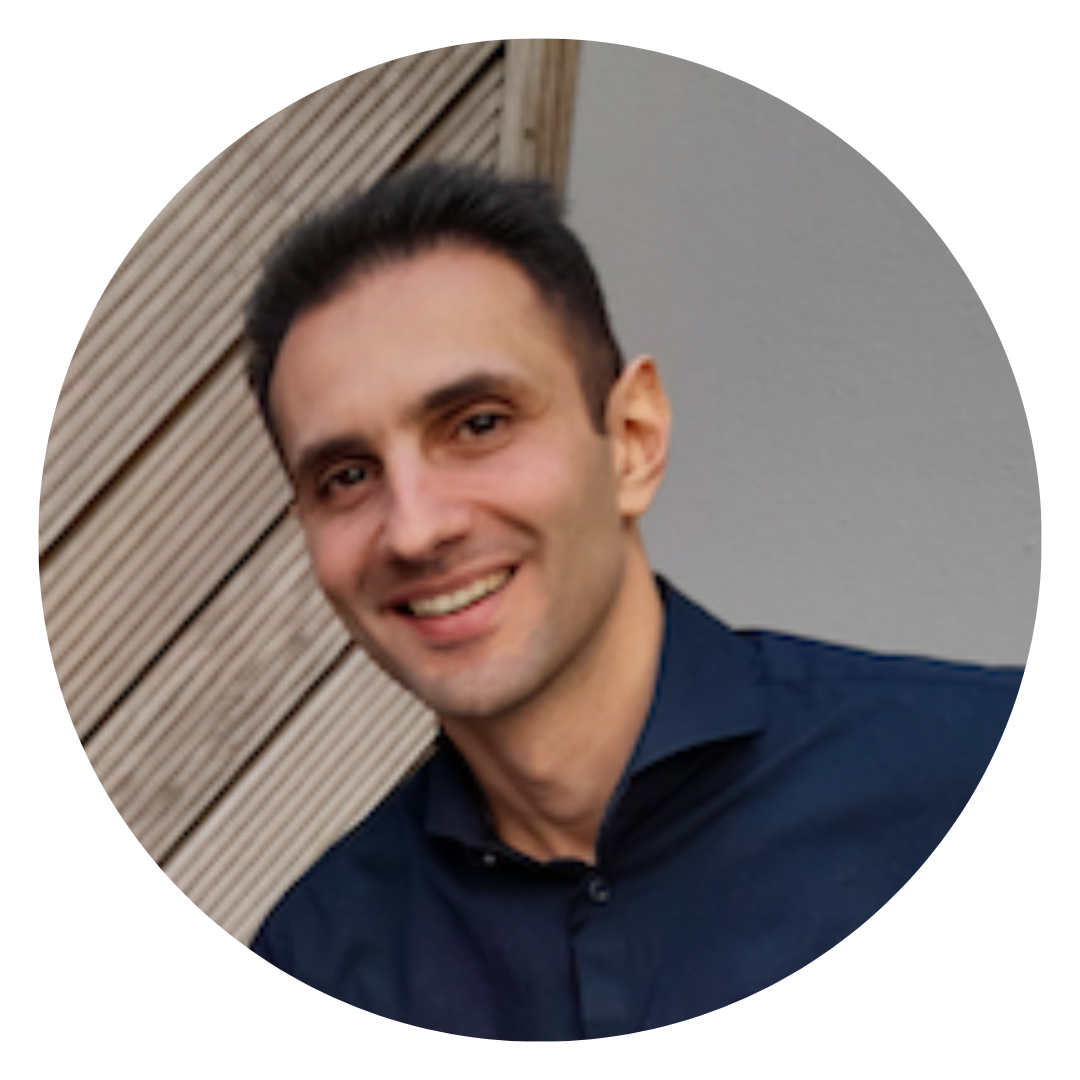
Pantelis Tziveloglou is the Team Leader for the European Open Science Cloud at the Open Science and Research Infrastructures Unit of the European Commission’s Directorate-General for Research and Innovation. From 2015 until 2022 he held a post at the International Cooperation Directorate of the same Directorate-General, where he worked in the EU’s international research strategy and as a desk officer for scientific cooperation with Russia and Central Asia (2018-2019) and China (2019). Before joining the European Commission, he worked as a researcher in high-energy physics at Vrije Universiteit Brussel (2013-2015), École Polytechnique (2010-2013) and CERN (2007-2010). He holds a PhD in physics from Cornell University, USA.
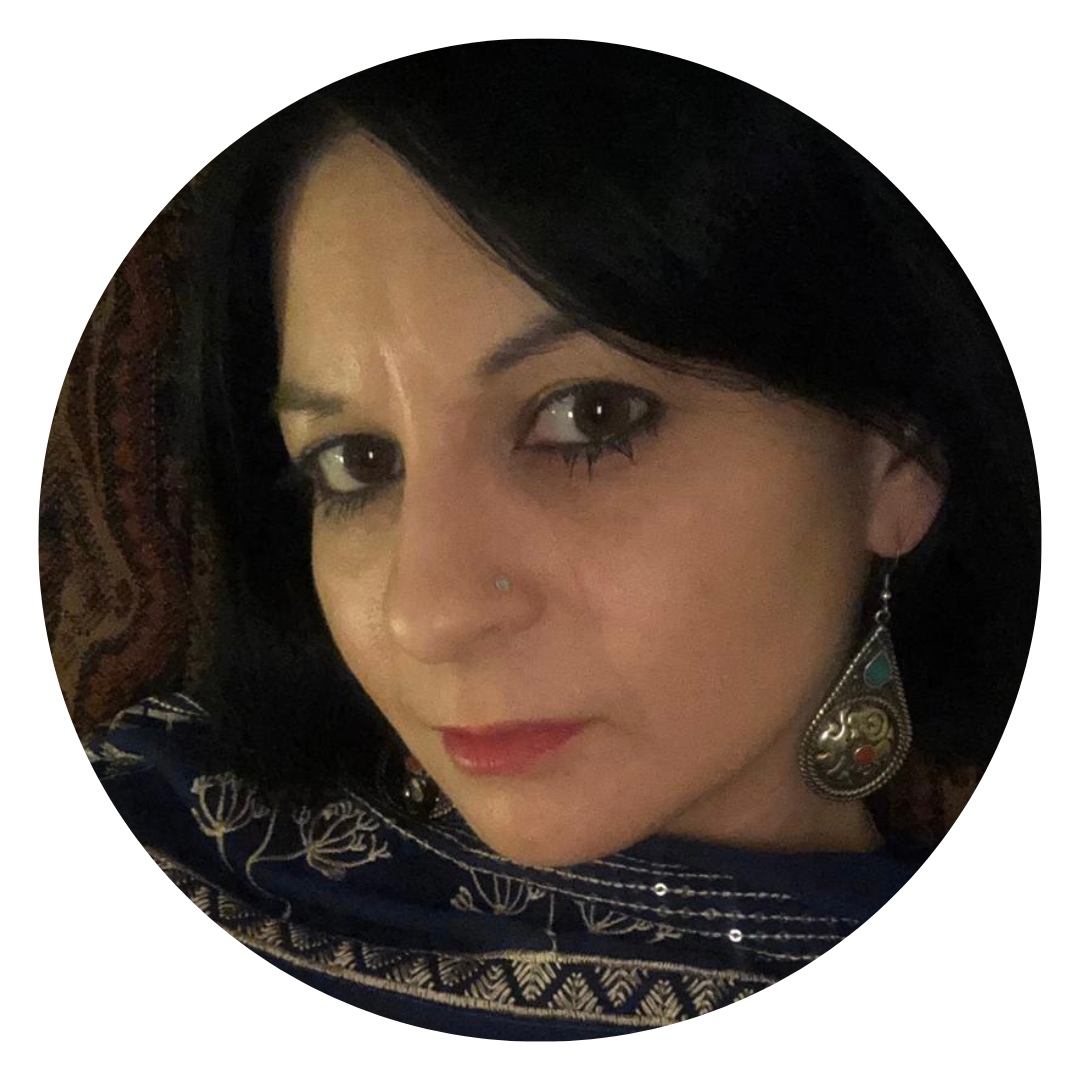
Dr Ayesha Ahmad is a Reader/Associate Professor in Global Health Humanities is a philosopher and medical ethicist working in global health. She specialises in addressing war trauma of civilians and displaced communities, with a particular focus in Afghanistan. Her work emphasises the need for recognising storytellers in contexts of silencing and the role of traditional storytelling interventions for addressing war trauma.
Day 02
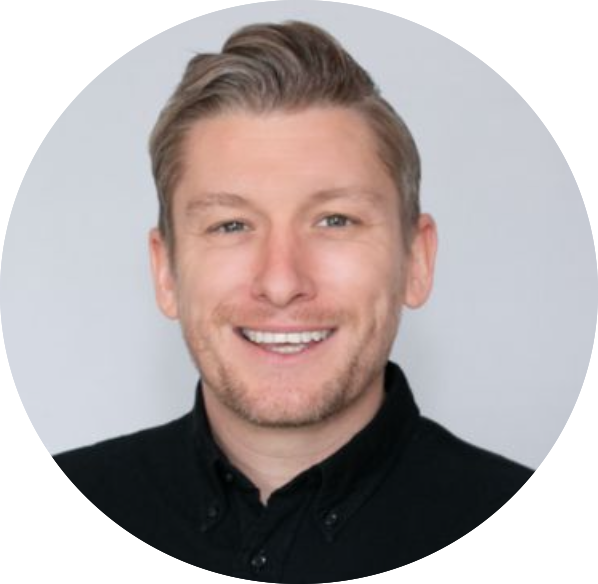
Dr Mark Hahnel is the VP Open Research at Digital Science. He is the founder of Figshare, which he created while completing his PhD in stem cell biology at Imperial College London. Figshare currently provides research data infrastructure for institutions, publishers and funders globally. He is passionate about open science and the potential it has to revolutionise the research community. Mark sits on the board of DataCite and the advisory board for Directory of Open Access Journals (DOAJ). He was on the judging panel for the National Institutes of Health (NIH), Wellcome Trust Open Science prize and acted as an advisor for the Springer Nature master classes.
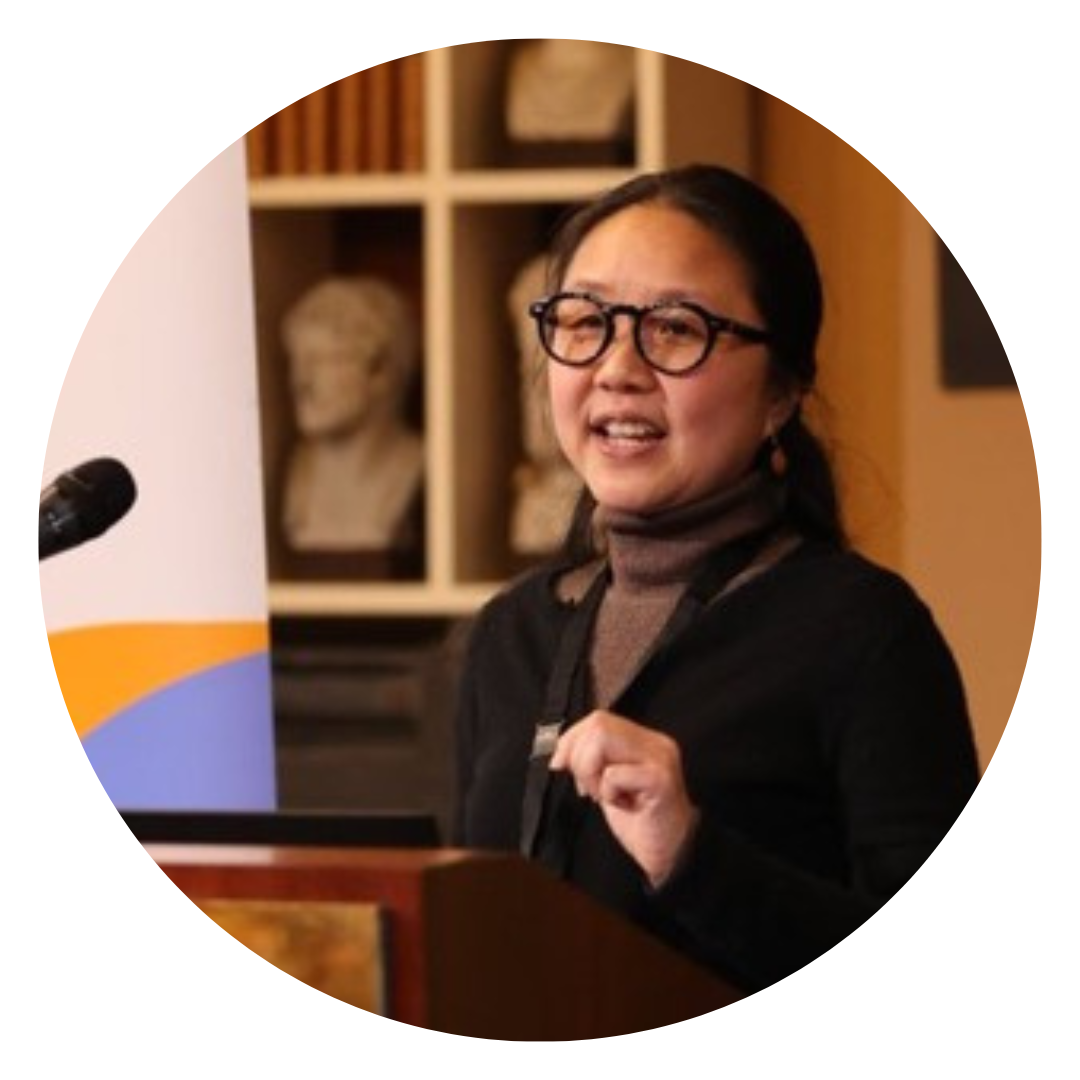
Dr Lai Ma is Assistant Professor at School of Information and Communication Studies at University College Dublin, Ireland. Lai received her PhD in Information Science and a doctoral minor in Inquiry Methodology from Indiana University-Bloomington. Her research is in the area of scholarly communication, open research, and history and sociology of knowledge. She is currently leading a NORF-funded project, Open Research in the Humanities and Social Sciences.
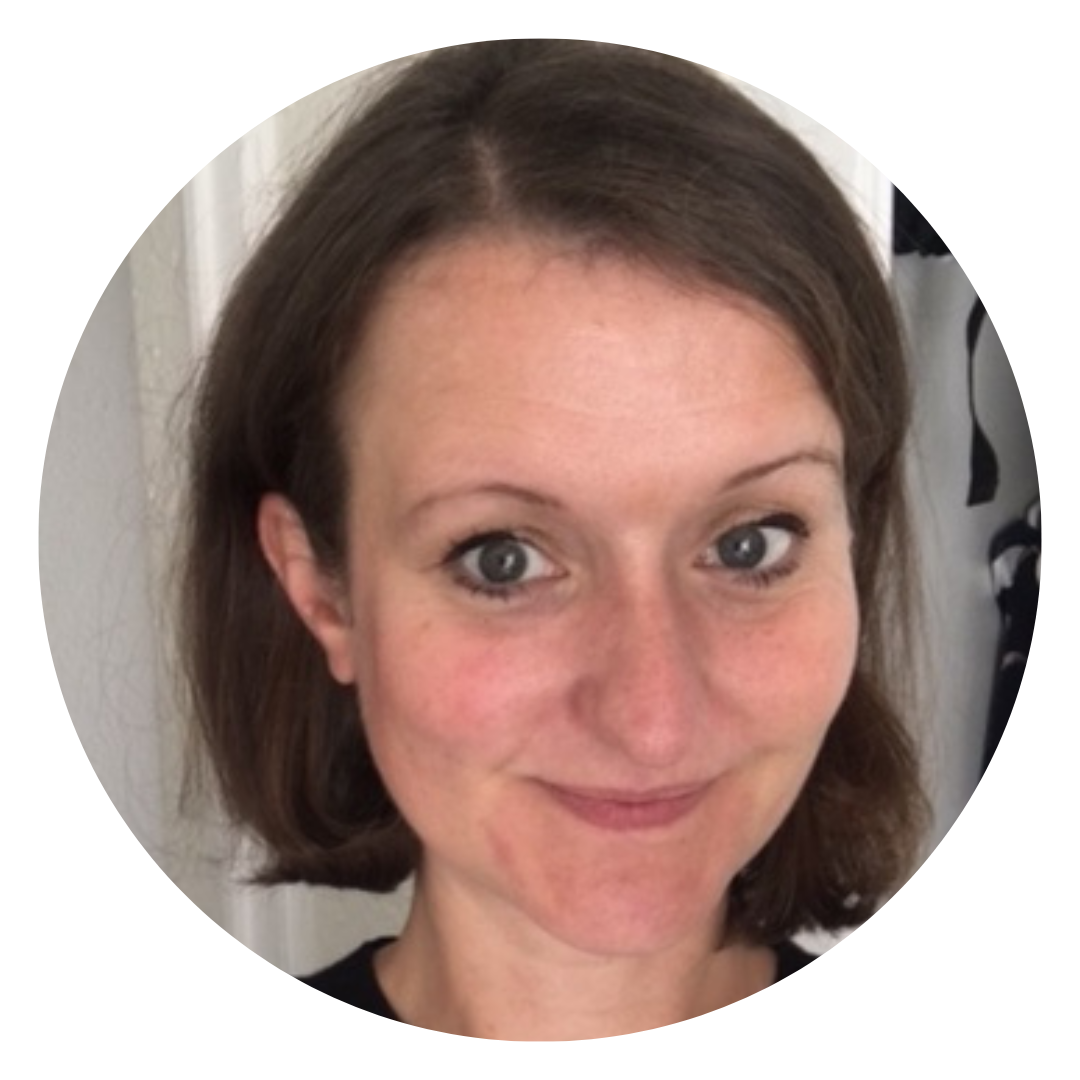
Louise Bezuidenhout is a social science researcher who specialises on issues relating to Open Science, data sharing and access. Her research is broadly oriented around themes such as justice and access, inclusion and marginalisation and equity. Much of her work to date has concentrated on understanding diverse voices and values within the Open Science movement, in particular identifying ways to improve the representation and inclusion of low/middle-income country researchers into the Open Science landscape. This work has involved embedded ethnographies, interviews and surveys in a number of countries in Africa, Europe and North America. Dr Bezuidenhout currently work for Centre for Science and Technology Studies (CWTS) at the University of Leiden as a senior researcher focusing on Open Science monitoring and practice.
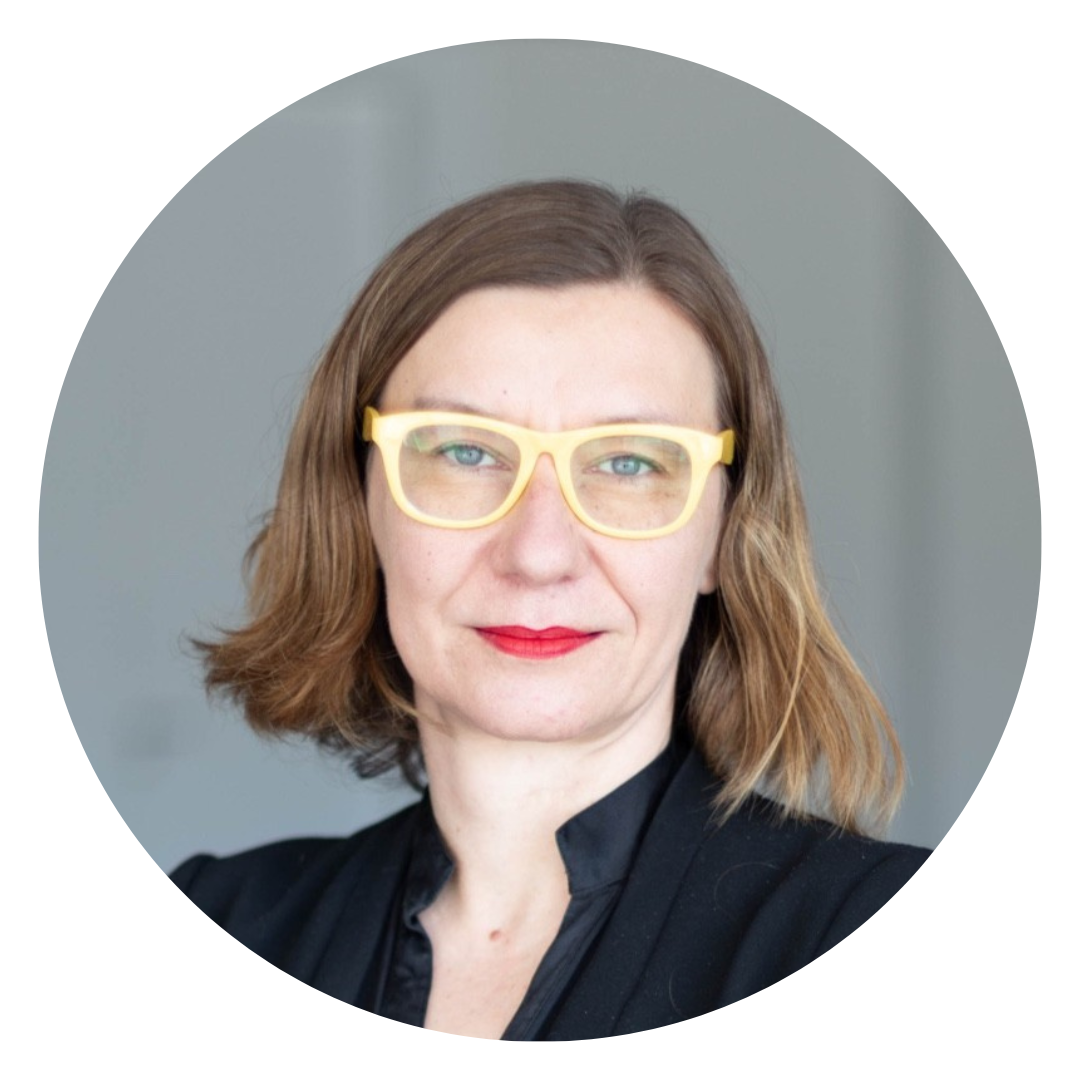
Dr Jasminka Hasic is an experienced academic with a demonstrated history of working in the higher education industry. Skilled in Computer Science (Computer Graphics, Cryptography, Data Science/ Machine Learning, Bioinformatics) but also in using science for societal development, embedding gender in all activities. Jasminka is the SSST Project Lead on the EDIRE project, which aims to create a networking collaboration between the University Sarajevo School of Science and Technology (SSST) and four renowned research institutions in France, Italy, Ireland, and Spain, with the final aim of increasing SSST research profile, boosting its research capacity, especially in the field of Equality, Diversity, and Inclusion (EDI).
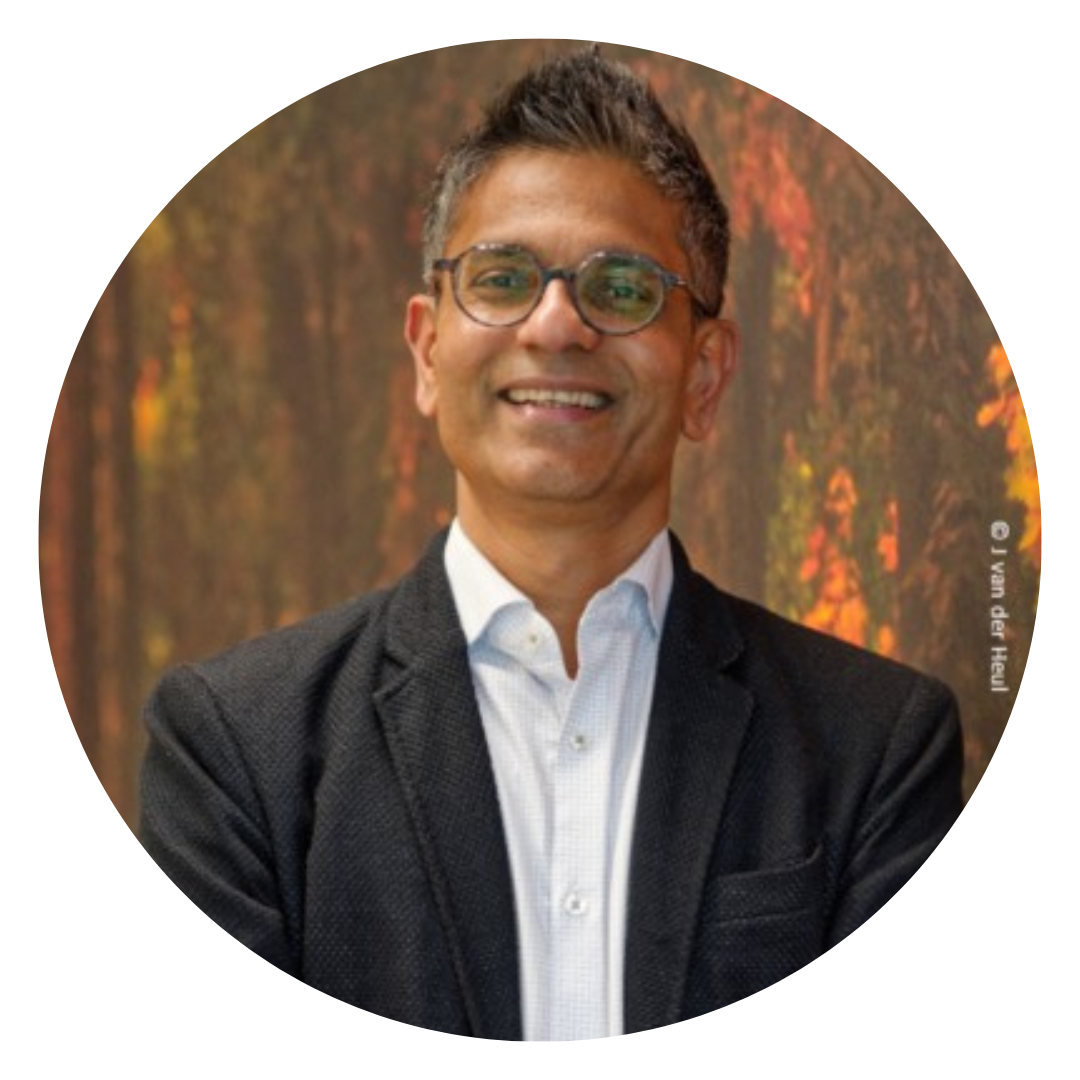
Dr Curtis Sharma is currently serving as a project manager and community manager for the EU/UKRI-funded project Skills4EOSC, Curtis leads Work Package 6 – ‘Professional Networks for Lifelong Learning’. Curtis works with initiatives in several European countries to establish new RDM/Data Steward Networks and with specific research communities to set up thematic FAIR data networks. He has also led the development and administration of a fellowship program for data professionals working in Open Science. Other responsibilities include mapping Open/Data Science-related professional networks across Europe and creating new Open Science Communities.
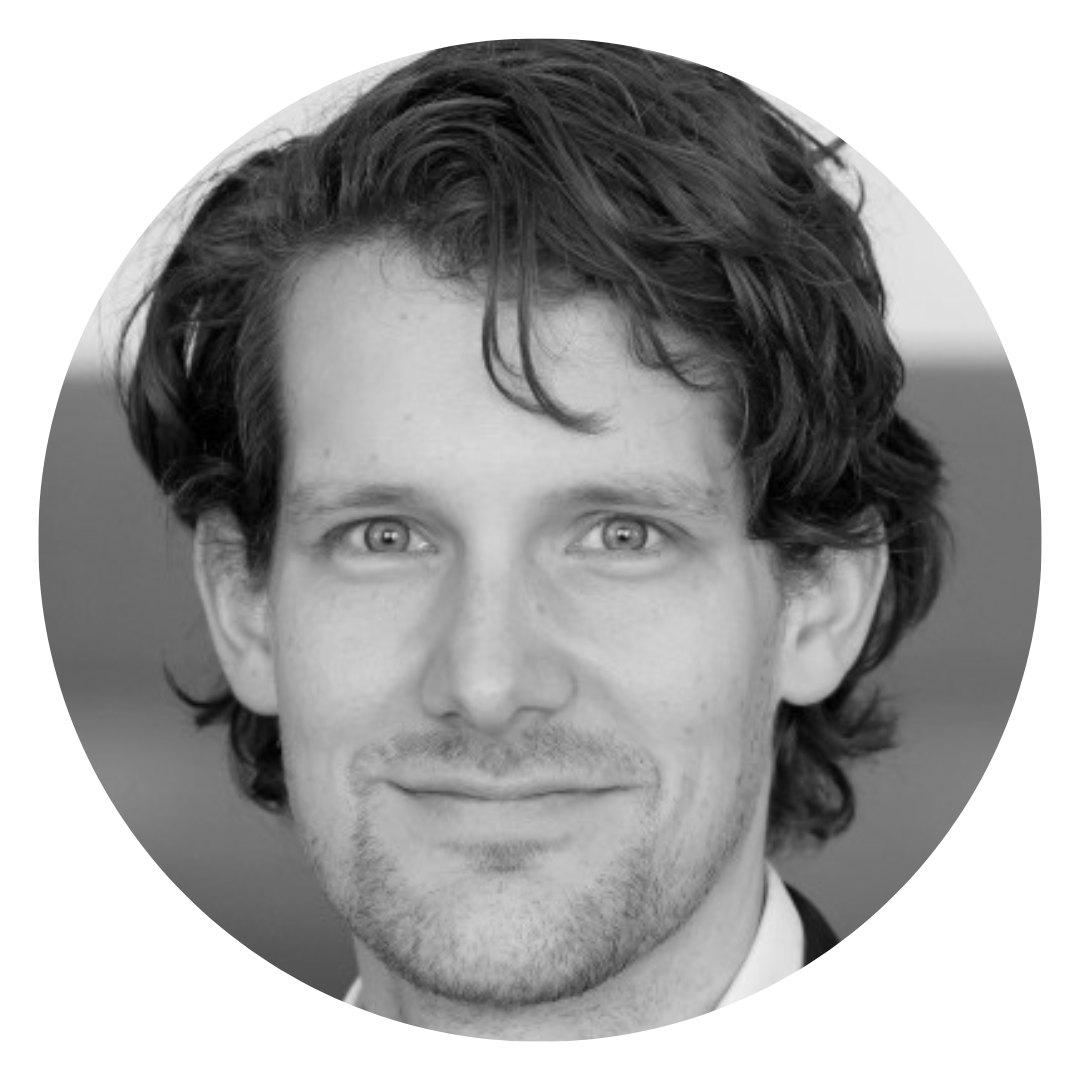
Dr Sander Bosch is the Open Science Coordinator at VU Amsterdam. In this role, he connects existing initiatives on Open Science and initiates and manages projects that work towards necessary Infrastructure, Support & Training, Community Engagement, Recognition & Rewards, and Policy for Open Science. He strives to make the scientific process more transparent and its pillars (research, education, communication, leadership) more fairly and evenly appreciated. In 2022, he took up the role of Portfolio Manager at the Dutch National Programme Open Science (NPOS). In this role, he was responsible for the creation of a Multi-Annual Plan (NPOS2030), which contains the vision, shared ambitions, and key objectives of a broad consortium of Dutch Open Science stakeholders. From June 2023 onwards, he will represent the Universities of the Netherlands (UNL) as a steering board member for the National Initiative Open Science NL (OSNL).
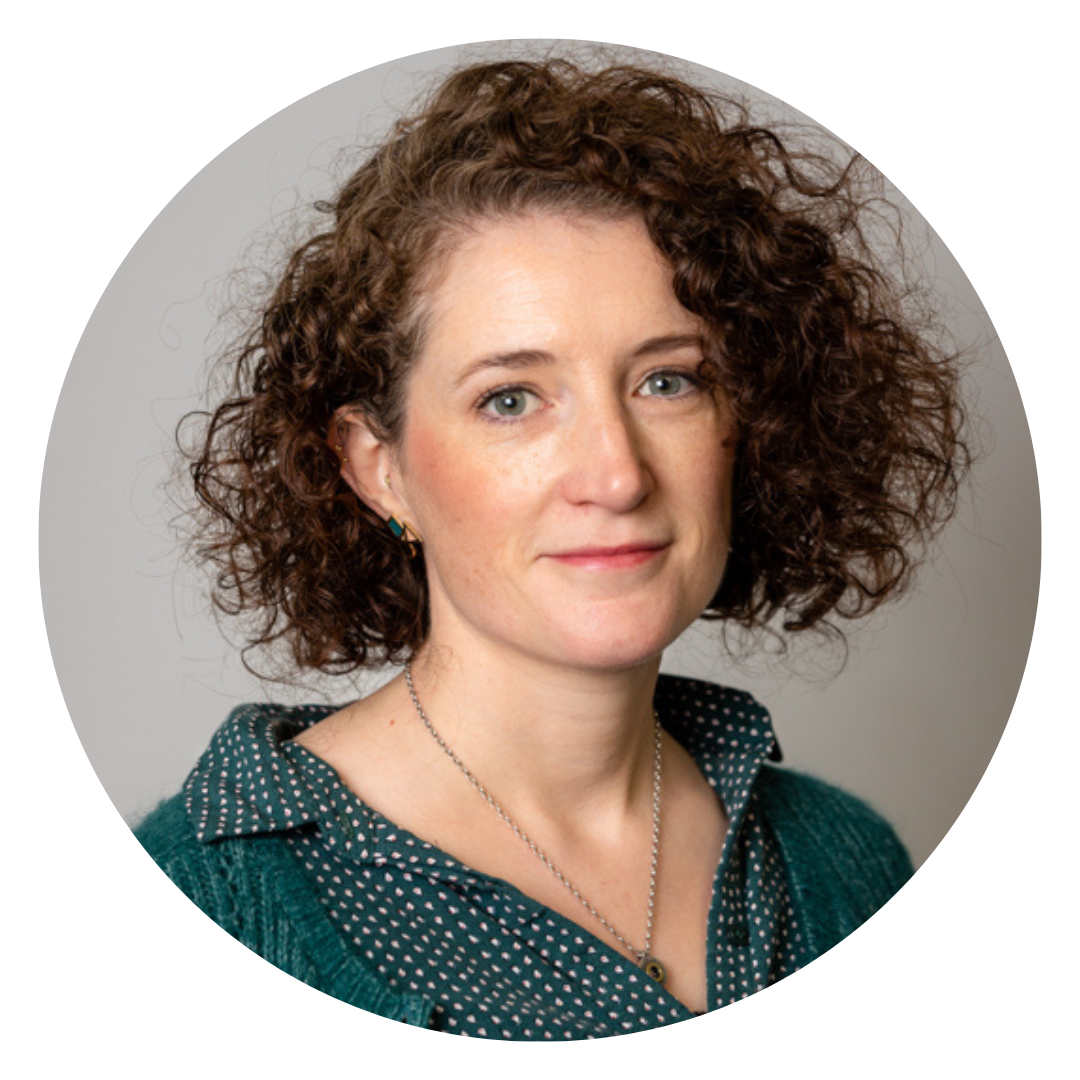
Lindsay Dowling leads the newly established (November 2023) Open Research Support Unit in TU Dublin. Prior to this, Lindsay worked as the Data Librarian in TU Dublin, working to establish RDM support across the organisation and has recently completed a postgraduate certificate in Data Stewardship at the University of Vienna. She is the Irish national lead on the OpenAire OSTrails project, a Horizon Europe funded project, and is co-chair of the EARMA Open Science Group. Lindsay’s particular areas of interest are Sensitive Data Management, GDPR in Open Research and EDI Principles in Research.
Any queries?
Don't hesitate to email earma@earma.org.
Proudly collaborating with our exclusive partner:
